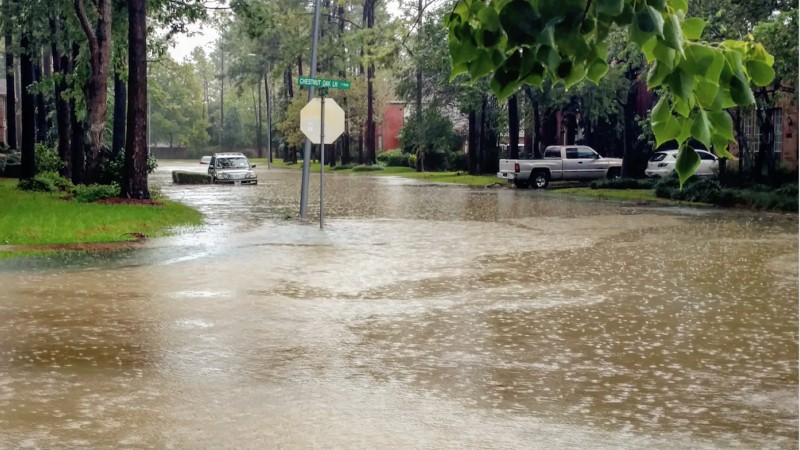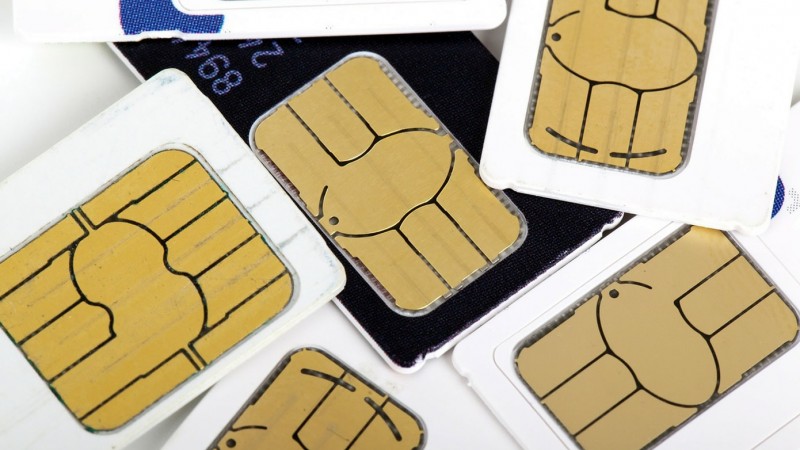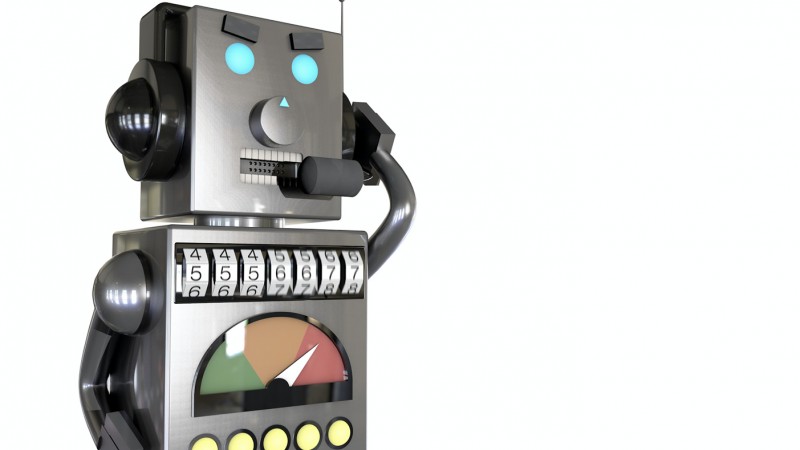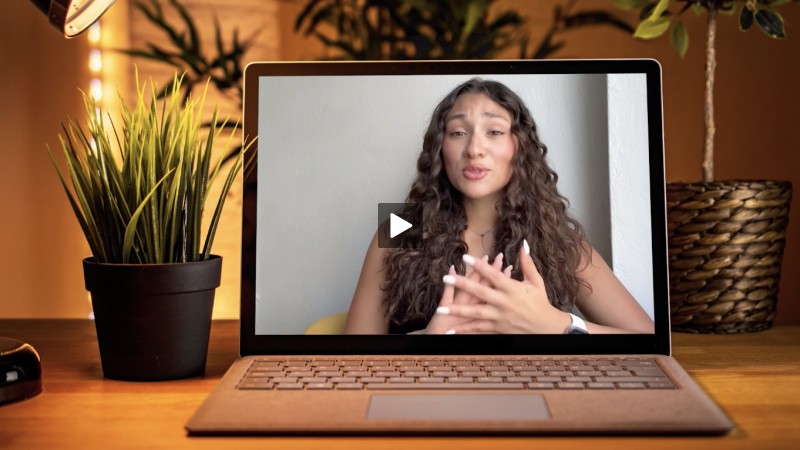This Ticket is NOT Fine!
- Details
- Written by Tracy Scott
- Category: Articles
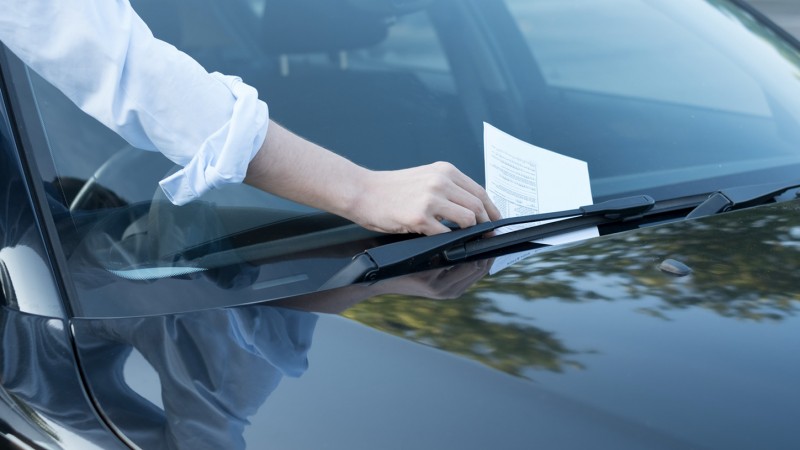
You're a law-abiding citizen, but crooks don't care.
They've rolled out a new scheme designed to make you pay for "breaking the law" &mdahs; even if you're innocent. The worst part is that even people who could identify scammers under normal conditions are falling for their latest hoax.
Even people who could identify scammers under normal conditions are falling for this latest hoax.
Crooks only need a high-tech, hand-held printer and a parked vehicle to get unsuspecting drivers to send them money.
(While on a day trip in a nearby town, Jamie and Diane eat lunch at a popular café. Before getting back into Jamie's car, they notice a piece of paper on the windshield.)
Jamie: What the heck?
(They both scan the parking ticket.)
Diane: Oh my.
Jamie: You have to be kidding me. I'm legally parked.
(Diane checks the curb and street signs to ensure the car is legally parked.)
Diane: I don't get it. Let me see the ticket.
(A few minutes later.)
Jamie: Well &mdahs; what do you think?
Diane: Don't pay it.
****
What did Diane see on the parking ticket
that led her to make such a bold statement?
****
While the two friends were having lunch, a scammer placed a fake parking ticket on Jamie's windshield. Despite the ticket containing official-looking city logos, the acceptable methods of payment and mailing address made Diane suspicious.
Is It a Parking Ticket Scam?
Unless you know what to look for, avoiding this sneaky scam can be tough. While instructions to pay a parking ticket by sending a cashier's check or money order to a P.O. Box is a huge red flag, this isn't the only way to recognize a potential parking ticket scam. This nasty scheme is most successful when people:
Feel like they "can't fight city hall." Scammers hope you won't question requests for payments that come from what seem to be government agencies.
-
Are just passing through town. Fraudsters like to target drivers who display out-of-state plates, which indicate that the driver might be unfamiliar with local parking laws.
-
Pay bills before reviewing them. If you don't take the time to examine the citation and confirm its legitimacy, you could end up paying a crook.
How to Protect Yourself from a Parking Ticket Scam
There are a few simple ways to keep your money out of the hands of crooks bent on getting you to pay fake fines. You can:
-
Confirm whether you are parked illegally before leaving your parking spot. Crooks give out fake parking tickets to legally parked vehicles.
-
Check the city or county's official website for information on how to pay parking tickets in the jurisdiction. Make sure the name of the government organization and payment address match the one on the ticket.
-
Research local governance. If you receive the ticket in the United States, do not pay the citation at a website that doesn't end in.gov. This domain is reserved for official state and federal websites.
-
Be suspicious of alternative payment options. Always pay parking tickets by credit card since it will be easier to dispute the charges if the citation is part of a fraud scheme.
If you believe you've received a fake parking ticket, report it to the Better Business Bureau (BBB) Scam Tracker. The BBB shares the information with other agencies that work to put an end to fraud schemes.














